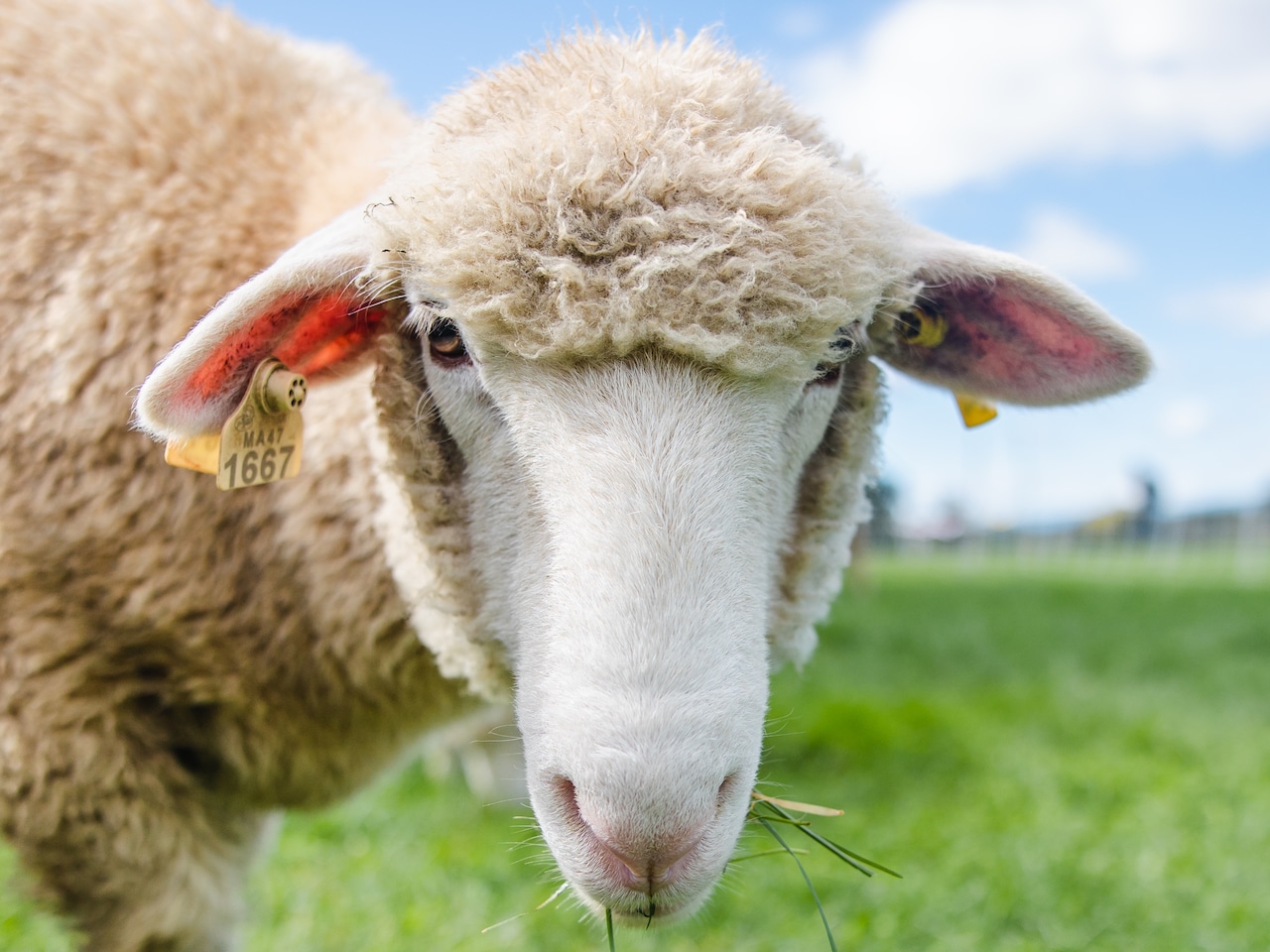
An 80-year-old Montana rancher pleaded guilty this week to two felony wildlife crimes as part of a multi-year effort to clone enormous sheep hybrids to sell to captive hunting facilities.
Arthur “Jack Schubarth of Vaughn, Montana, the owner and operator of Sun River Enterprises LLC and known as Schubarth Ranch, admitted to buying animal parts from endangered Marco Polo argali sheep from Kyrgyzstan and illegally importing them into the United States, according to the U.S. Department of Justice.
Marco Polo argali sheep are the largest in the world, with average males weighing more than 300 pounds and with horns that span more than five feet, the Justice Department said. They are also protected by both U.S. and international law and prohibited in the state of Montana to protect native sheep from disease and hybridization, the department added.
After importing the sheep — without declaring the importation — Schubarth sent genetic material from the animal parts to a lab, which created cloned embryos. Schubarth implanted the embryos into ewes on his range, resulting in a single, pure genetic male Marco Polo argali, which he named “Montana Mountain King,” the Justice Department said.
Schubarth and several unnamed co-conspirators worked together to use Montana Mountain King’s semen to artificially impregnate other species of ewes, all of which were prohibited in Montana, to create hybrid animals, the department said.
Their ultimate goal was to create a larger and more valuable species of sheep to sell to captive hunting facilities, mostly in Texas, according to the Justice Department.
Schubarth also sold the semen directly to sheep breeders in other states, and illegally bought and sold wild-hunted sheep parts of Rocky Mountain bighorn sheep, the department said.
“This was an audacious scheme to create massive hybrid sheep species to be sold and hunted as trophies,” said Assistant Attorney General Todd Kim of the Justice Department’s Environment and Natural Resources Division. “In pursuit of this scheme, Schubarth violated international law and the Lacey Act, both of which protect the viability and health of native populations of animals.”
The charges Schubarth pleaded guilty to include conspiracy to violate the Lacey Act and substantively violating the Lacey Act.
The Lacey Act outlaws interstate trade in wildlife obtained, moved or sold in violation of federal or state law and is one of the most powerful tools the United States has to combat wildlife trafficking, the Justice Department said.
For each felony count, Schubarth could spend a maximum of five years in prison and a fine of up to $250,000, as well as three years of supervised release. He will be sentenced on July 11.





